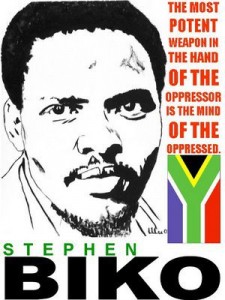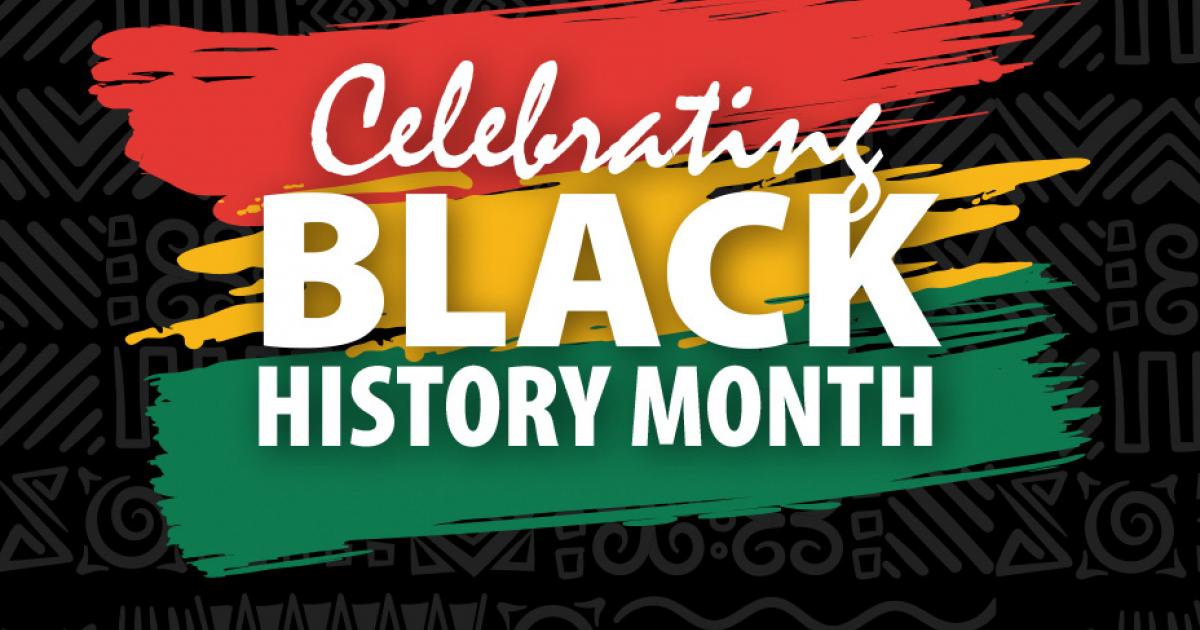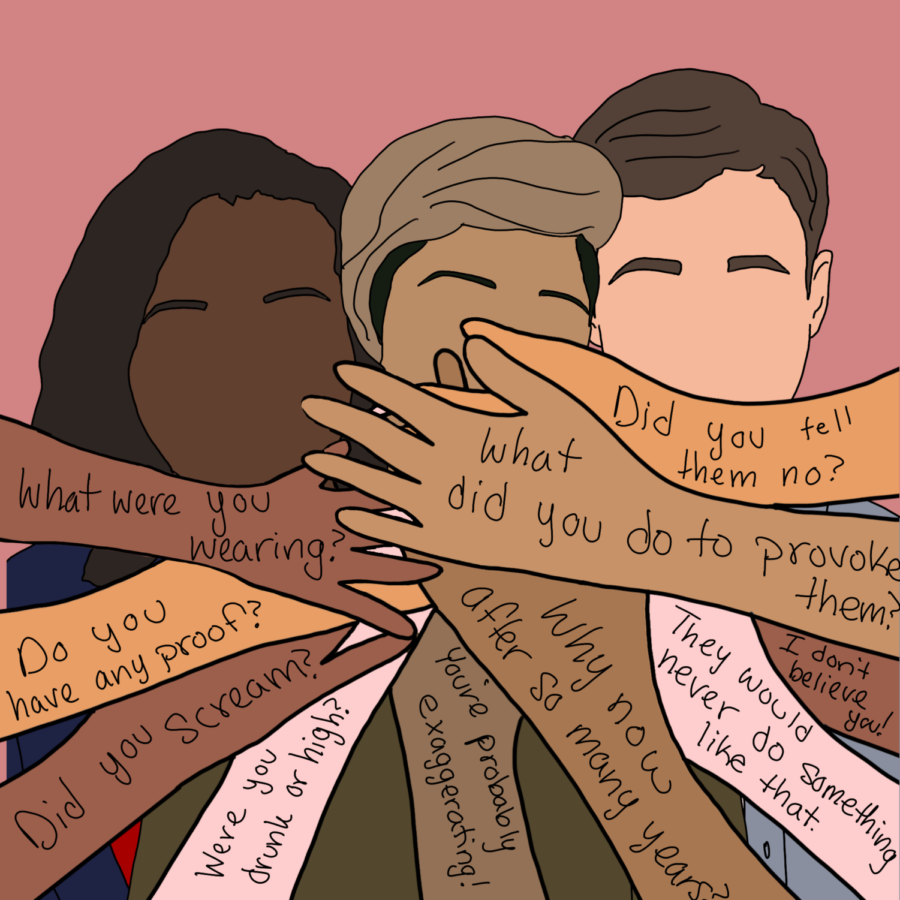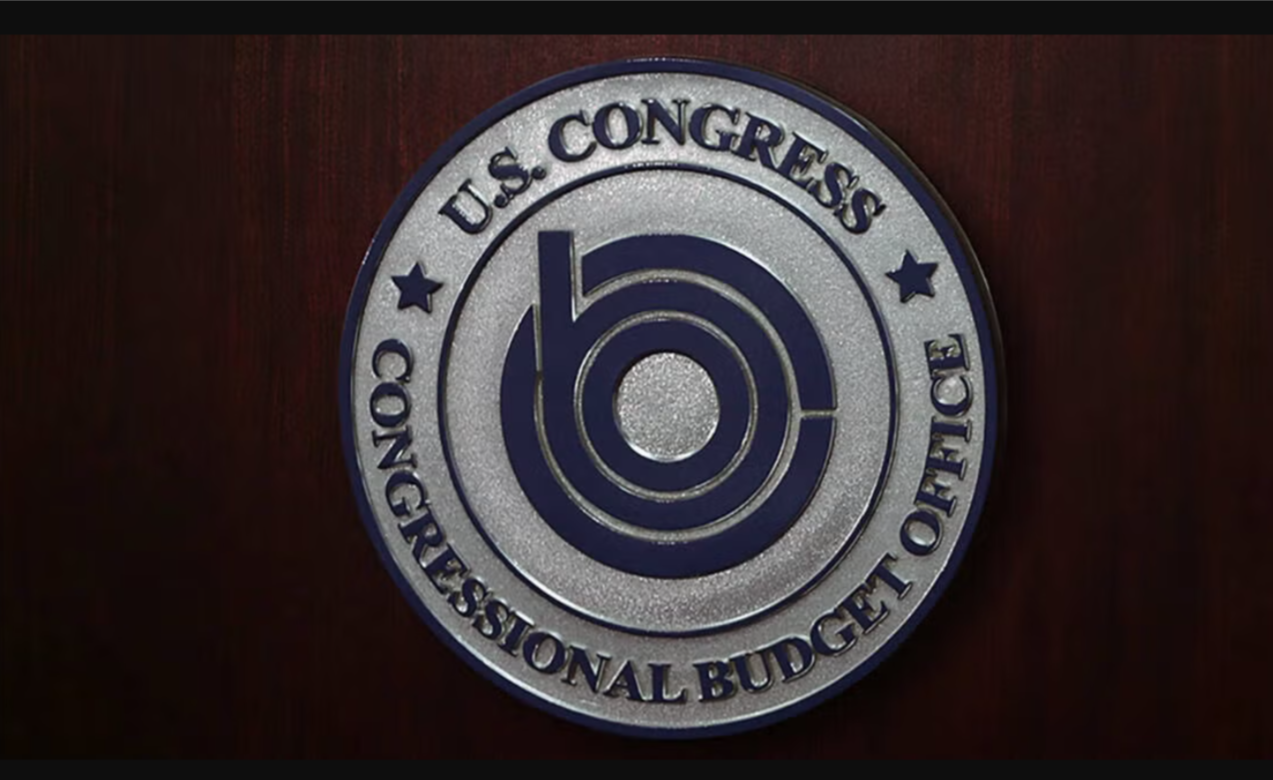(ThyBlackMan.com) Is it possible to have a Black consciousness and be a Christian? Are the terms contradictory? Is “Conscious Christian” an oxymoron? I can hear some of you now, saying, “Uh oh, Jim, you are in deep water with this topic.” That’s fine; this column has not survived for nearly twenty-three years without some controversy or my being afraid to walk on thin ice every now and then. Don’t worry; I can swim.
After hearing an interesting conversation on the Carl Nelson radio show (1450 AM in the DC area or woldcnews.com) regarding the question of “Conscious Christianity,” and after giving it a lot of thought, I decided to dive into the deep end of the pool. A very touchy topic for sure, but no matter which side you may support, it is an important subject and just might clear up a few issues in our minds. Additionally, as our knowledge increases, I trust it will bring us closer together and cause us to organize around practical economic principles. The fewer schisms that exist among Black folks, the better things will be.
This missive is couched in 20th century parlance and the actions of folks most of us can relate to or have read about, some of who are still alive today. It is also based on the contention by some in the conscious community that many Black Christians worship a “White Jesus;” therefore, they cannot really have a “Black consciousness.” Hmmm.
A working definition of “consciousness” is appropriate here. There  are several from which we could choose, but let’s use Stephen Biko’s definition, which emanated from W.E.B. DuBois’ “Double Consciousness” treatise. Biko was the founder of the Black Consciousness Movement in South Africa and was brutally tortured and killed by White police officers for advocating Black consciousness. Biko didn’t just “rap” about Black consciousness; he lived and died for it.
are several from which we could choose, but let’s use Stephen Biko’s definition, which emanated from W.E.B. DuBois’ “Double Consciousness” treatise. Biko was the founder of the Black Consciousness Movement in South Africa and was brutally tortured and killed by White police officers for advocating Black consciousness. Biko didn’t just “rap” about Black consciousness; he lived and died for it.
“Black Consciousness is in essence the realization by the Black man of the need to rally together with his brothers around the cause of their oppression – the Blackness of their skin – and to operate as a group in order to rid themselves of the shackles that bind them to perpetual servitude…It is a manifestation of a new realization that by seeking to run away from [ourselves] and to emulate the white man, Blacks are insulting the intelligence of whoever created [us] Black. Black Consciousness therefore takes cognizance of the deliberateness of ‘God’s plan’ in creating Black people Black.”
Source: South African History Online
“Black Consciousness had a great impact on South African society and the churches were no exception. ‘Its origins were deeply rooted in Christianity.’ In 1966, the Anglican Church under the incumbent, Archbishop Robert Selby Taylor, convened a meeting which later led to the foundation of the University Christian Movement (UCM). This was to become the vehicle for Black Consciousness.” George Sombe Mukuka
The above paragraphs strongly illustrate the connection between Christianity and Black consciousness in South Africa, but where do Black consciousness and Christianity intersect for Blacks in the U.S.? The man whom we conscious folks hold in highest esteem, Marcus Garvey, often referred to his Christian beliefs and Biblical scriptures to make his points about liberation and Black consciousness. One of his famous quotes is, “I shall never hold Christ responsible for the commercialization of Christianity by the heartless men who adopt it as the easiest means of fooling and robbing other people out of their land and country.”
Garvey said, “Anything that is not righteous we have no respect for, because God Almighty is our leader and Jesus Christ is our standard bearer.” He also said, “Radical is a label that is always applied to people who are endeavoring to get freedom. Jesus Christ was the greatest radical the world ever saw. He came and saw a world of sin and His program was to inspire it with His spiritual redemption.”
Was MLK a conscious Christian? It is obvious that if he was not conscious in 1963, he certainly became conscious prior to his assassination five years later, which was exemplified in his speech the night before he was killed.
“King was clear that the struggle for Black liberation required coordination, discipline, and sacrifice with respect to economics…In Dr. King’s final words to his people on April 3, 1968 he said so many things that audiences listening to fiery Black nationalist orators of the 19th century would have heard…The Dreamer of 1963 was gone…Dr. King should not be remembered merely as a naive political dreamer, but as a centered, crystal clear advocate for the liberation of his people.” Source: Sirius Bark, by Temple3.
Next week we will look at more facts and more folks in an effort to see if it’s really possible to be both “Conscious” and “Christian.”
Written By James E. Clingman
Official website; http://www.blackonomics.com/

















Leave a Reply